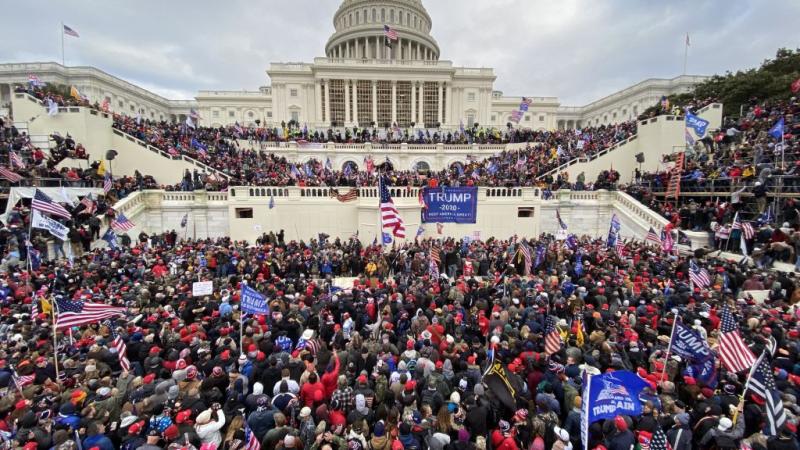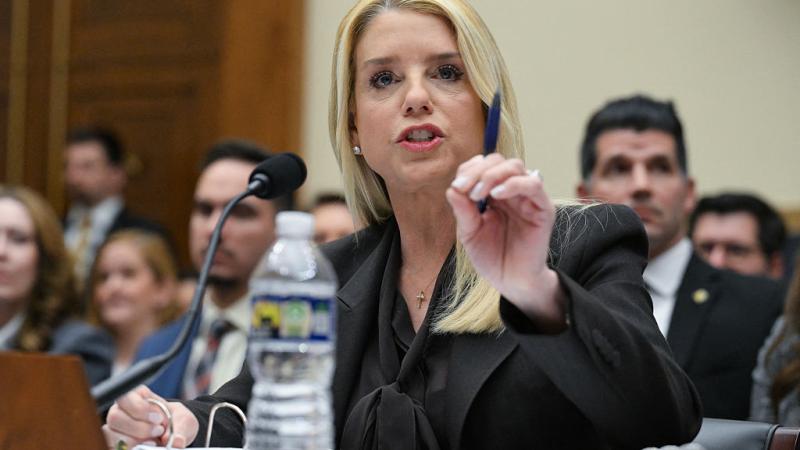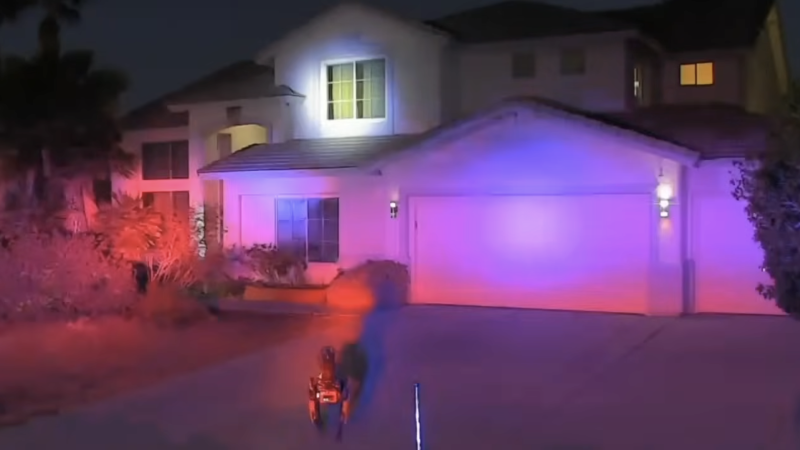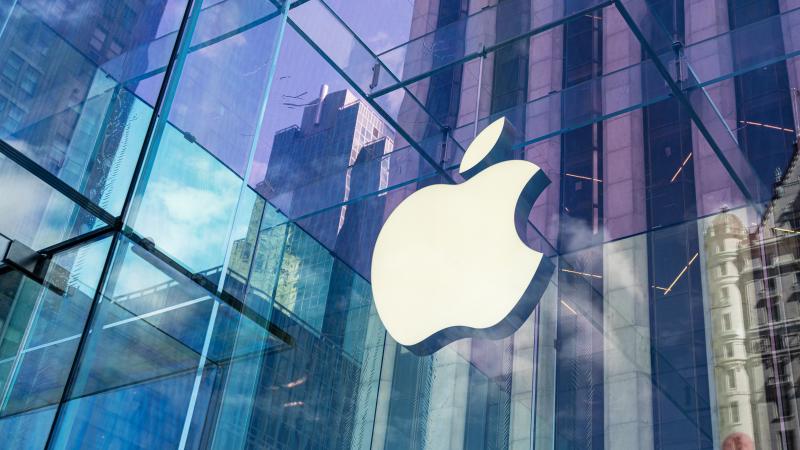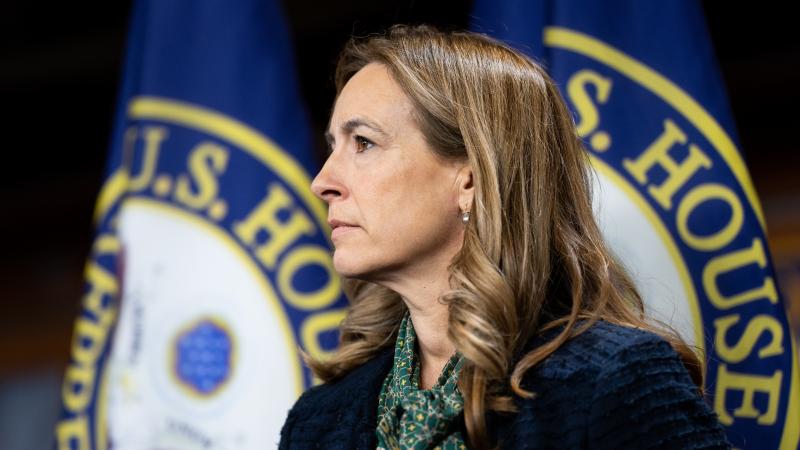Cities that defunded police reap more violence, calls to re-fund
As the homicide rate in Minneapolis has skyrocketed, the mayor has begun refunding the police.
A number of American cities that defunded their police departments have seen major spikes in crime and citizen pleas to restore funding, according to Sinclair's "Full Measure with Sharyl Attkisson."
The cities slashed their police budgets after George Floyd died last summer while in police custody. A deadly April incident, wherein police shot and killed Daunte Wright in Brooklyn Center, Minn., more calls have arisen to reform, and - from some circles - abolish the police. In Attkisson's latest show, the investigative journalist examined the consequences of those actions.
The Minneapolis city council voted to divert $9 million from the $178 million police budget to violence prevention and mental health.
Don Samuels, a community organizer and civil rights activist, has lived in North Minneapolis for over 20 years. "We who live in communities like this, we understand that there are a lot of people who are only restrained by external factors ... Like the police, like the neighbors who are intervening."
Samuels said that since the police budget has been cut, "We've heard more gunshots. We used to hear one gunshot every now and then. It seems like now everybody has an automatic rifle or something because it's 20 shots at a time."
As a result, Samuels said that, "For the first time -- and let me say, my wife and I moved here to be part of the civil rights movement, the transformation of our community -- for the first time since we've moved here, we said to each other something that we've never said before in 24 years, 'Maybe we'll have to move.'"
Across the country, other cities have made dramatic cuts, from New York taking $1 billion from its force, Washington, D.C. cutting $15 million, and Austin and Los Angeles each trimming $150 million from theirs.
But now, those very cities – and many others, for a host of reasons - have seen alarming spikes in violent crimes, especially homicides. The Los Angeles homicide rate is up 38%, Austin is up 41%, D.C. is up 14%, and New York is up 48%.
In Minneapolis, the homicide rate jumped 70% in 2020, with violent crime up 22%.
Kevin Davis was the Baltimore police commissioner in 2017, as that city was reeling from its own riots following the death of Freddie Gray while in police custody. Now Davis teaches college students about criminal justice.
"When I first heard the words 'defund,' 'dismantle,' and 'abolish,' I cringed because I knew what folks meant because it was an effort to reform to enhance, to make better. But I think once those words kind of stuck, particularly defund the police or dismantled the police, that distracted from the necessary reforms that have to take place," Davis said.
Samuels and his neighbors are now suing the city of Minneapolis, to add more police. Based on a per capita mandate in the city's charter, Minneapolis must have around 750 officers. Because so many have quit or out on long-term leave, some struggling with PTSD, the department is currently about 100 officers short of that number, says James Dickey, the attorney for the group of eight residents suing.
"There really shouldn't be a fight like this," Dickey said. "It shouldn't be that the city is being forced against its will almost, it seems like, to put a certain number of officers on the streets of Minneapolis to protect its citizens. It shouldn't be a struggle. It should just be something that is good public policy, that when citizens are crying out for protection, that the city provides it."
Like Los Angeles, New York City, and Austin, Minneapolis believes it needs to refund the police.
The Minneapolis police chief agrees there needs to be more officers, as does the mayor, who recently secured $6.4 million to recruit new officers.
"Here's a news flash, all these enhancements cost money," Davis said. "They require budget enhancements. So the same time we're using unfortunate terms like defund and dismantle, that the changes that we want to see made in our profession are going to require an even greater investment. Now I know not everyone likes to hear that, but that's really what's going to get us to a better place."
As for the Minneapolis city council's effort to reimagine the police department, their plan is to put the issue to a vote in November to ask residents if they want to replace the police department. It remains unclear as to what the replacement force would actually look like.
President Joe Biden, who says he doesn't support defunding the police and campaigned on the promise of criminal justice reform, has brought back Obama-era federal investigations of local police departments, leading to direct Washington oversight in some cities that can last for years. Last month, his Justice Department directed the FBI, ATF, and U.S. Marshals to help the Minneapolis police.
Biden has been under pressure to make systemic changes.
"We also have an awful lot of things we have to deal with, not -- when it -- when it comes to police, when it comes to advancing equality, economic opportunity … We do know that the anger, pain, and trauma that exists in the black community in that environment is real, it's serious, and it's consequential, but it will not justify violence and or looting," Biden said.
Following Wright's April 11 death, both Kim Potter, the former police officer who shot and killed Wright, and the Brooklyn Center police chief, resigned. The city manager was fired, and Potter has been charged with manslaughter. Brooklyn Center Mayor Mike Elliott vowed to seek justice for Daunte Wright.




